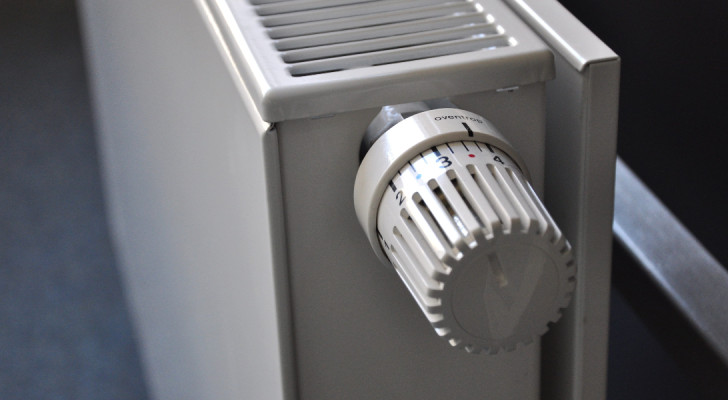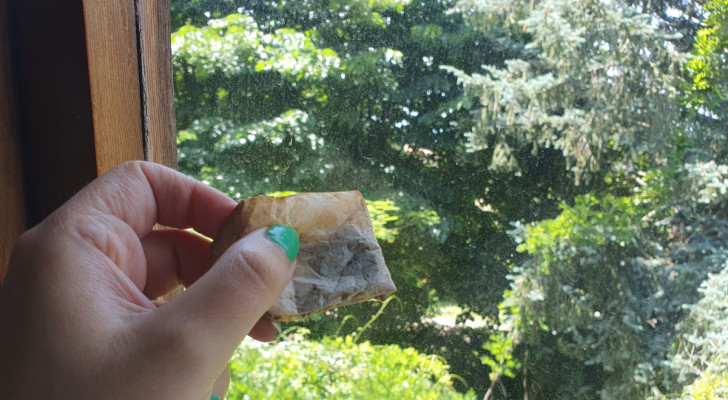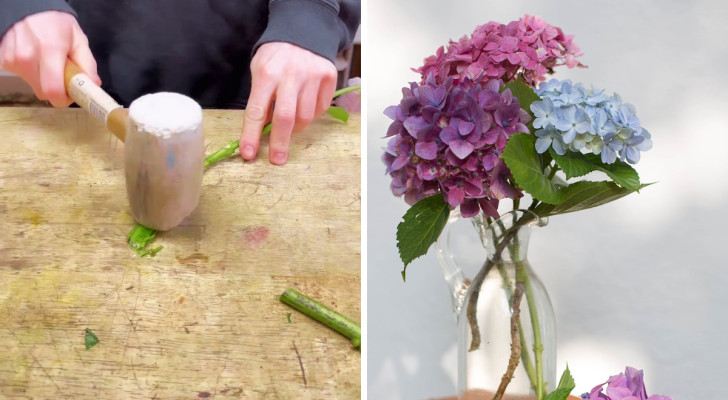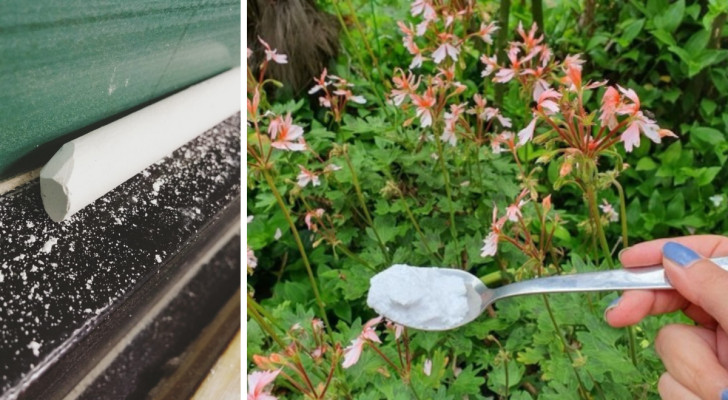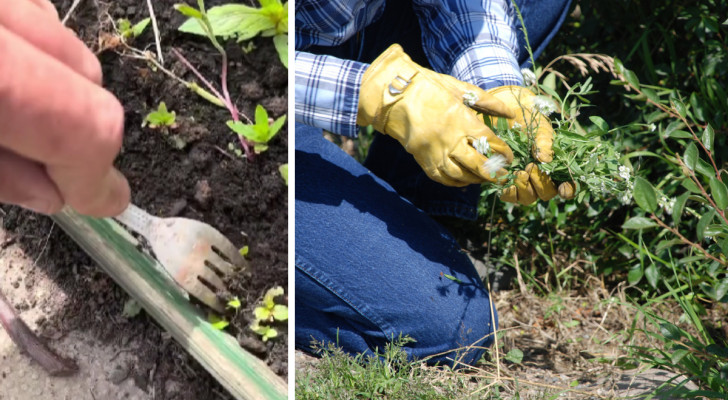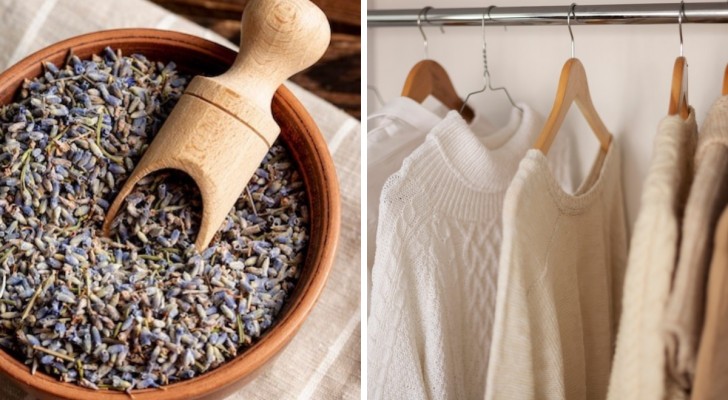A natural stone that you can use in humid areas in your home, like the garage
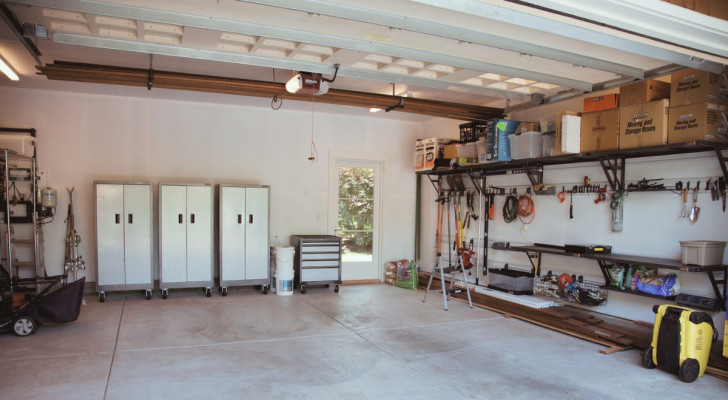
Humidity and unpleasant odors can readily develop in certain areas of your house, such as the garage, the cellar, the attic or the basement. But you can deal with high humidity levels/build-up in these areas by using natural stones, such as zeolite. Keep reading to find out more:
Zeolite: what is it?
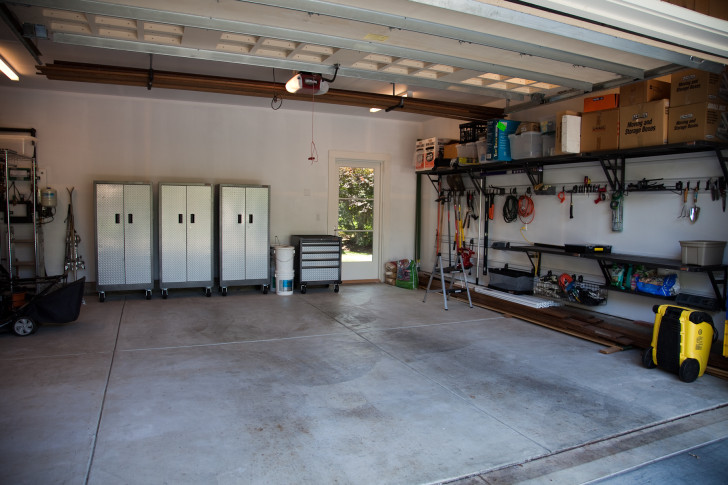
Zeolite is a naturally-occuring mineral. Historically, natural zeolite has been used as a building material (and still is). Zeolite is also used in cement mixtures, for paper production and to improve agricultural land/soil. Furthermore, zeolite is used to eliminate ammonia from industrial and agricultural waste and from drinking water. This mineral is also added as a supplements in the diets of certain animals. Finally, zeolite is used in the production of deodorants and cosmetics.
Zeolite as a natural dehumidifier and deodorant
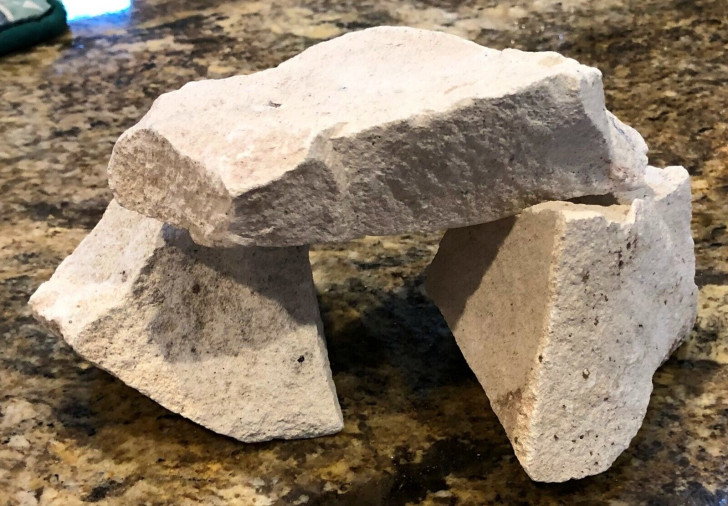
Zeolite is highly hygroscopic, which is why they work well as dehumidifiers.
Zeolite attracts water molecules, and its porous compostion (with a large internal surface area) means that it can trap and retain a lot of water vapor (until its saturation point is reached).
Additionally, zeolite remains in equilibrium with the surrounding humidity: ie. it does not remove moisture continuously, but only when there is moisture in the air and it is not alreasy saturated. When the air is dry (with low vapor pressure), zeolite releases the moisture trapped inside them into the air.
Finally, zeolite's absorption capacity also combats unpleasant odors, making them effective all-natural deodorizers.
Usage and clarifications
When evaluated, zeolite has been found to be even more effective than using many other dessicants (for example, silica gels).
Zeolite can be used as a dehumidifier just as you would with charcoal, rock salt, baking soda or other dessicants - no special method is required!
Of course, like all dessicants, zeolite will lose its ability to absorb humidity once saturated and this must be dealt with (ie. dried out). You can use heat for this "restoration", but it is not recommended to do this indoors (for obvious hygiene reasons). Simply leave the zeolite outside in direct sunlight for 5-6 hours to dry it out.
Would you like to give zeolite a try out in your home?
F. A. Mumpton, La roca magica: Uses of natural zeolites in agriculture and industry
D. Bariho, W. Kisaalita , L. Kasisira, Solar Energy Zeolite Regeneration for a Milk Cooler
